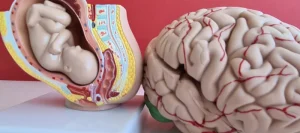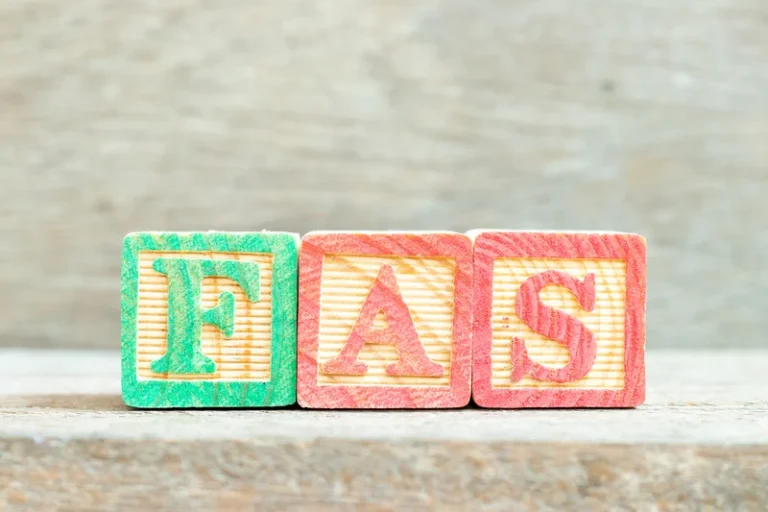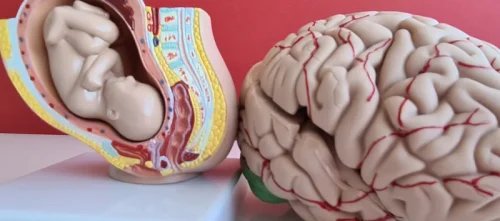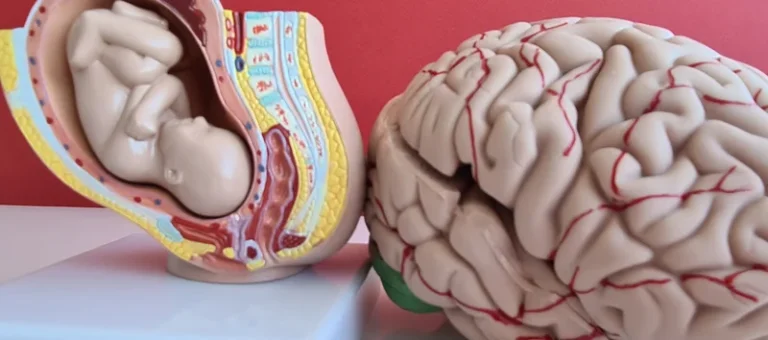- Informasi PPDB 2022 SMAN 3 Rembang bisa diakses melalui Grup Resmi Telegram
Understanding Alcohol Sweats and Withdrawal Symptoms

Other methods to reduce excessive sweating include the use of topical antiperspirants containing aluminum salts, such as aluminum chloride hexahydrate. These solutions work by plugging sweat pores and reducing the amount of sweat released from the body. This can lead to a sudden surge of heat and sweat as your body tries to cool itself down.

How Long Does Alcohol Stay in the Body?
Understanding the mechanisms behind alcohol-induced night sweats may provide clarity on why alcohol consumption might lead to night sweats. Factors such as the impact of alcohol on the central nervous system and genetic predispositions play a significant role in this phenomenon. Their reaction is often best described as a “flush,” characterized by redness, sweating, and hot or burning sensations on the face and other body parts. People with this condition can be at a higher risk for alcohol-related hypertension and esophageal cancer.

What are the solutions to stop excessive sweating?
This can mean releasing needed heat through sweating, and even blocking shivering when it’s cold, making it harder to warm up. One study of alcohol’s effects on body temperature showed that sweating and the sensation of heat increased significantly 10 minutes after consuming alcohol. Body temperature, however, dropped 20 minutes after why does drinking alcohol make me sweat the sweating began.

Not finding what you’re looking for?
It is also important to note that if your diabetes is poorly managed, you may exhibit symptoms of hyperhidrosis. Excessive sweating in women can also be caused by hormonal changes during perimenopause. Hormonal changes can significantly impact how sweat glands respond to certain signals, leading to increased perspiration. Perimenopause typically begins in the mid 40s but can vary depending on individual circumstances.
- He promptly replied that it’s quite common as it’s an aftereffect of alcohol.
- This heightened sensation of heat can result in individuals seeking cool environments to alleviate discomfort.
- Recovery from alcohol addiction is a long-term process that doesn’t end after detox or a stay in a residential treatment facility.
Alcohol & Night Sweats: The Effects of Drinking
Night sweats, Sober living home which refer to excessive sweating during sleep, can be a common occurrence for individuals who consume alcohol. There are several causes behind night sweats related to alcohol consumption, including the effects of alcohol on the body and its connection to alcohol withdrawal. It’s also worth noting that, apart from alcohol withdrawal, hot flashes may occur as a result of alcohol intolerance — which is when our body has an adverse reaction to alcohol.
- If these steps aren’t enough and your night sweats stem from alcohol withdrawal, consider gradually trimming your alcohol intake.
- Heavy drinkers also have much more intense symptoms than their light-drinking counterparts.
- The liver plays a vital role in filtering toxins from the body, and alcohol can disrupt its normal functioning.
- In this piece, we’ll go into detail on the relationship between alcohol and sweating, and what you can do to cope with alcohol-induced night sweats.
- Receive encouragement from people worldwide who know exactly what you’re going through!

Alcoholics typically experience nausea and sweating, amongst other unpleasant withdrawal symptoms, usually during the early stages of quitting the habit. If you’re a regular drinker and find you’re waking up with night sweats after drinking, it could be a sign of alcohol withdrawal. Alcohol withdrawal symptoms can begin within a few hours of your last drink and last anywhere from a few hours to a couple of weeks. Hot flashes, night sweats, and excessive sweating are considered to be normal physiological changes that occur during menopause.
0 Komentar


Beri Komentar